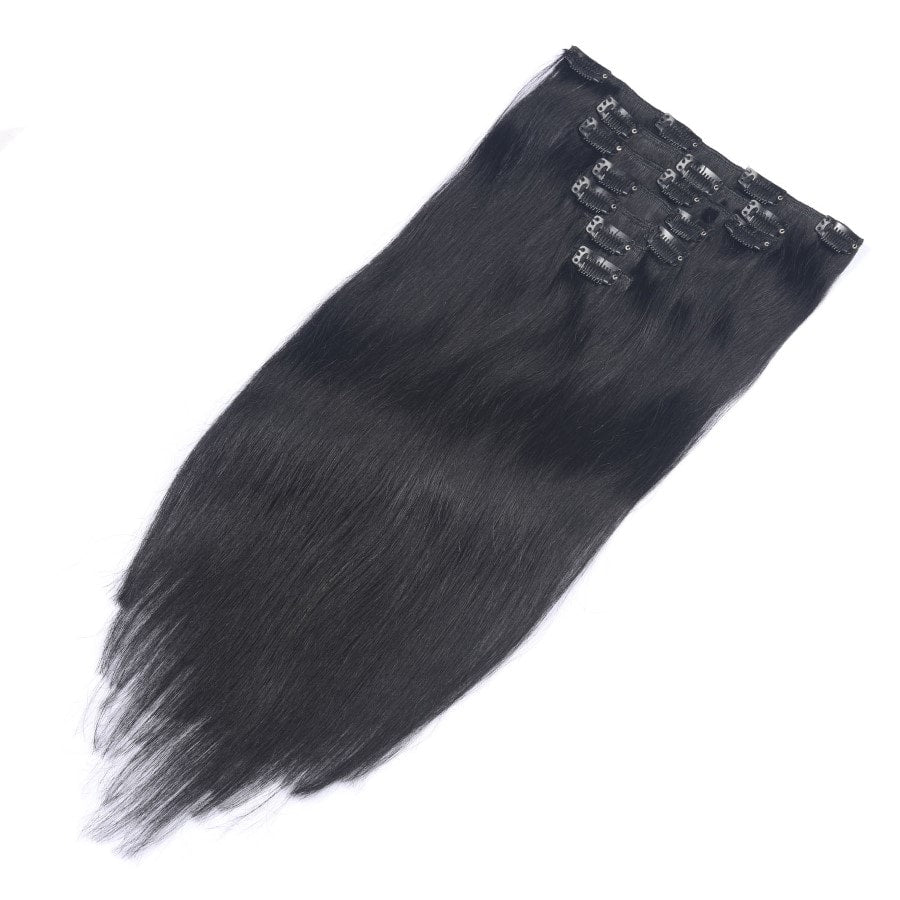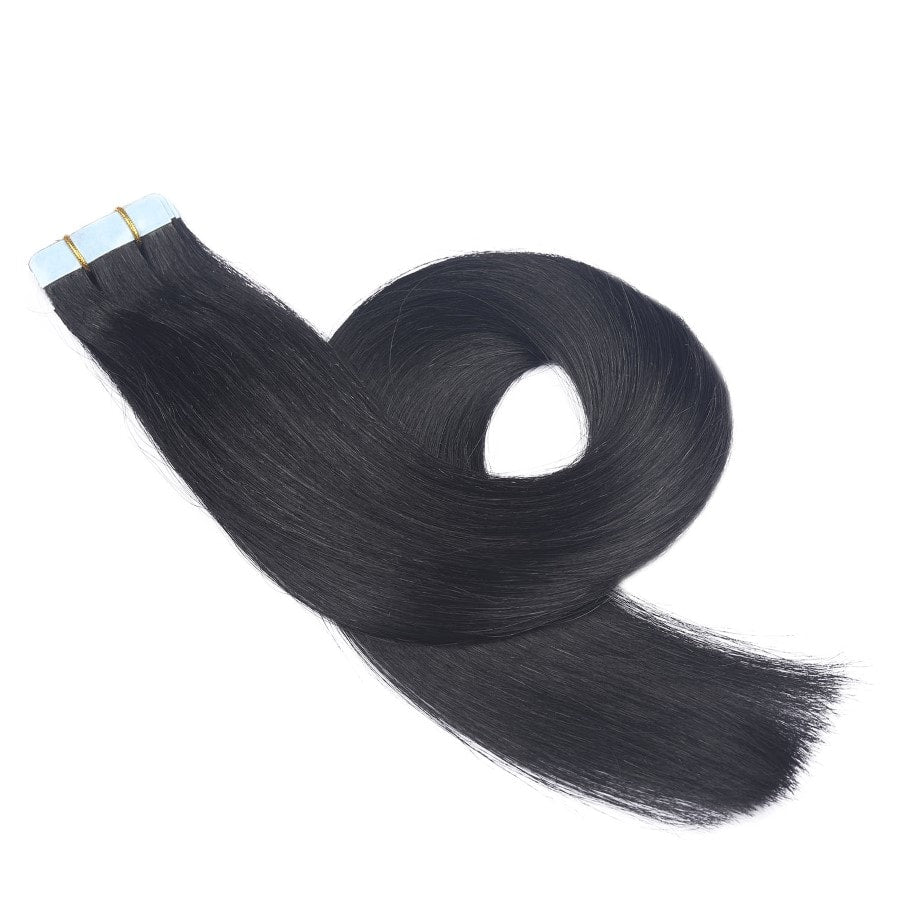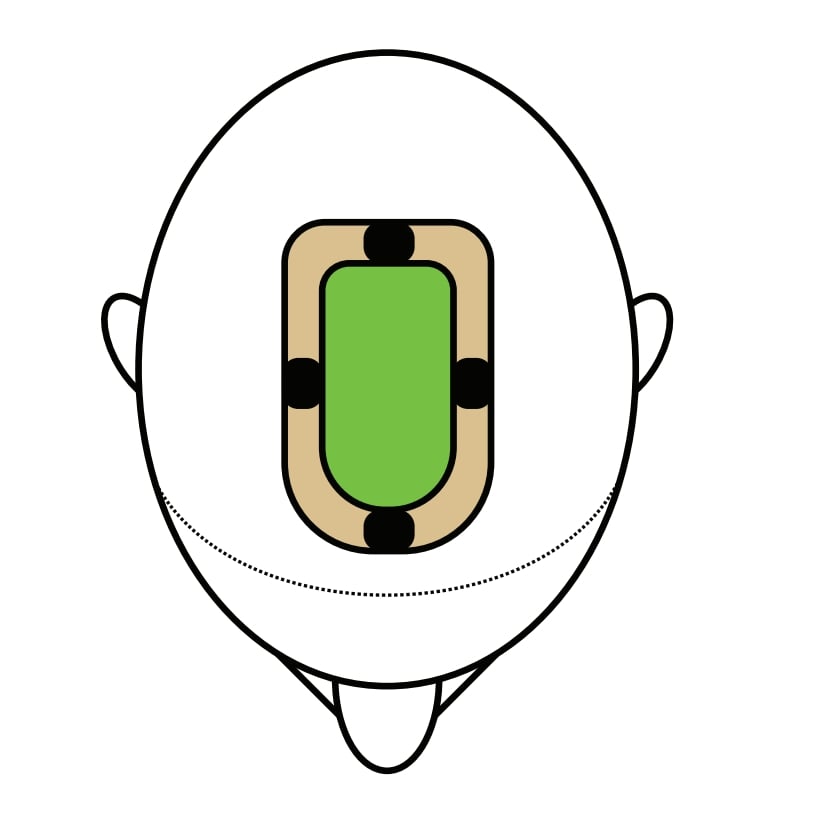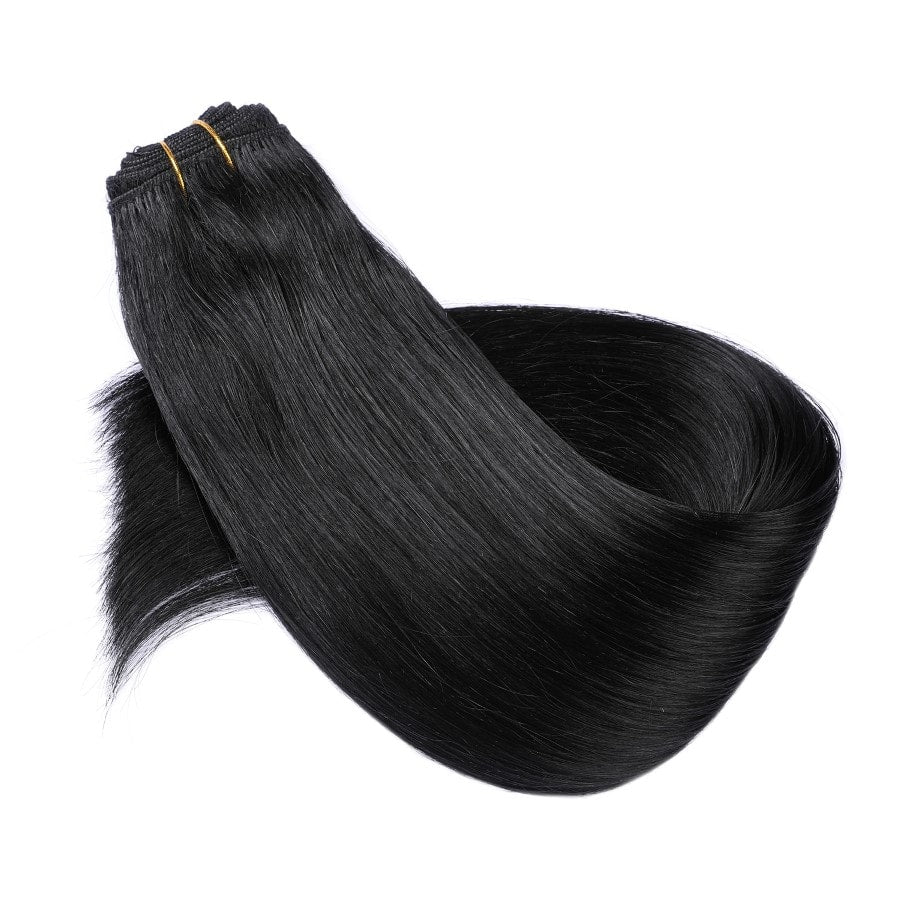Key Takeaways
- Cultural appropriation involves adopting elements of a minority culture in an exploitative or disrespectful way.
- Cultural appreciation is about understanding, respecting, and honoring the cultural significance behind certain elements.
- Hair extensions have deep historical and cultural significance in various cultures, including African, Asian, and European traditions.
- The debate between cultural appropriation and appreciation is complex, with valid arguments on both sides.
- Celebrities and social media influencers play a significant role in this debate, with examples of both appropriation and appreciation.
- Best practices for ethical use of hair extensions include respecting cultural significance, supporting ethical brands, and educating oneself and others.
- By following these best practices, individuals can adopt culturally significant hairstyles in a respectful and appreciative manner.
Introduction
The topic of cultural appropriation versus appreciation has become a significant conversation in various fields, including fashion, music, and beauty. In the realm of hair extensions, this debate is particularly prominent. Hair extensions, once a practical solution for adding length and volume, have evolved into a fashion statement and a cultural symbol. However, as people from diverse backgrounds adopt hair extensions of different textures and styles, questions arise: Is this practice a form of cultural appreciation, or does it cross the line into cultural appropriation? This blog post will delve into this complex issue, exploring the fine line between appreciation and appropriation in the context of hair extensions, particularly focusing on the products offered by Tara Hair.
Understanding Cultural Appropriation and Appreciation
Definition of Cultural Appropriation
Cultural appropriation occurs when individuals from a dominant culture adopt elements of a minority culture in ways that are often seen as exploitative or disrespectful. This can include adopting hairstyles, fashion, language, or other cultural expressions without understanding or respecting their cultural significance. In the context of hair extensions, cultural appropriation might involve wearing styles that are deeply rooted in a particular culture's history and identity without acknowledging their origins or significance.
Definition of Cultural Appreciation
Cultural appreciation, on the other hand, involves a genuine interest in and respect for another culture. This means taking the time to learn about and understand the cultural significance behind various elements before adopting them. When it comes to hair extensions, cultural appreciation would involve acknowledging the origins of certain styles, understanding their historical and cultural context, and wearing them with respect and sensitivity. It also means supporting ethical brands like Tara Hair that promote cultural respect and understanding.
History of Hair Extensions in Different Cultures
African Hair Traditions
Hair has always held significant cultural importance in African communities. Traditional African hairstyles, such as braids, twists, and dreadlocks, are not only expressions of beauty but also carry deep cultural, social, and spiritual meanings. Hair extensions have been used for centuries in various African cultures to create intricate hairstyles that signify status, age, marital status, and tribal affiliation. These styles are often time-consuming and require skill, reflecting the community's artistry and heritage.
Asian Hair Practices
In many Asian cultures, hair has also been a symbol of identity and social status. For example, in ancient China, hair was seen as a reflection of one's moral character and virtue. Long, flowing hair was often associated with femininity and grace, while certain hair accessories indicated one's social rank. In India, hair has spiritual significance, with many women using natural hair extensions to enhance their traditional hairstyles for cultural and religious ceremonies.
European Hair Customs
European history shows a long-standing tradition of using hairpieces and wigs. In the 18th century, powdered wigs were a symbol of status and wealth among European aristocracy. Hair extensions were also popular in Victorian England, where women used them to create elaborate updos and styles that were fashionable at the time. Today, European styles often incorporate hair extensions to achieve various looks, from casual to formal, reflecting a continued tradition of hair enhancement.
By understanding the historical and cultural significance of hair extensions in different cultures, we can better appreciate the diversity and depth of this beauty practice.
The Debate: Appropriation vs. Appreciation
Arguments for Cultural Appropriation
Misrepresentation and Stereotyping
One of the primary arguments against the use of certain hairstyles by those outside the culture they originate from is the risk of misrepresentation and stereotyping. When individuals from dominant cultures adopt minority hairstyles without understanding their significance, it can lead to a trivialization of these styles. This often results in these cultural symbols being reduced to mere fashion trends, stripping them of their original meaning and context.
Economic Exploitation
Another critical point in the appropriation debate is economic exploitation. Often, when elements of minority cultures become popular in mainstream fashion, the financial benefits are reaped primarily by individuals and companies outside of the originating culture. This dynamic can contribute to the marginalization of the original cultural practitioners, who may not see any economic gain from their cultural contributions. In the context of hair extensions, this means that while the style gains popularity, the communities that created and perfected these styles might not benefit financially.
Arguments for Cultural Appreciation
Cultural Exchange and Learning
Proponents of cultural appreciation argue that adopting elements from different cultures can foster understanding and respect. Cultural exchange allows people to learn about and from each other, breaking down barriers and promoting inclusivity. When done respectfully, wearing hair extensions from different cultures can be a way of honoring and celebrating the diversity of human expression.
Celebration of Diversity
Cultural appreciation also highlights the celebration of diversity. By embracing styles and practices from various cultures, individuals can showcase the beauty and richness of different traditions. This can lead to greater visibility and appreciation for minority cultures, helping to preserve and elevate their unique contributions to the world.
The debate between cultural appropriation and appreciation in hair extensions is complex and multifaceted. Understanding both sides of the argument can help us navigate this sensitive issue with greater awareness and respect.
Case Studies
Celebrities and Hair Extensions: Examples of Appropriation and Appreciation
Celebrities often play a significant role in setting fashion trends, including hair extensions. Some celebrities have been criticized for cultural appropriation when adopting hairstyles traditionally worn by other cultures without acknowledging their origins. For example, when non-Black celebrities wear braids, cornrows, or dreadlocks without understanding their cultural significance, it can lead to backlash and accusations of appropriation.
On the other hand, there are celebrities who make efforts to appreciate and respect the cultures they draw inspiration from. This includes publicly acknowledging the origins of the hairstyles they wear and using their platforms to educate their followers about the cultural significance behind these styles. Such actions can turn a potentially appropriative act into one of genuine appreciation.
Social Media Influencers and the Role of Platforms
Social media influencers also have a profound impact on the appropriation vs. appreciation debate. Influencers often adopt and popularize hairstyles, sometimes without considering the cultural implications. When influencers wear culturally significant hairstyles without credit or understanding, it can perpetuate stereotypes and contribute to cultural appropriation.
However, some influencers actively promote cultural appreciation by educating their audience about the origins and meanings behind the styles they wear. They collaborate with creators from the cultures they are inspired by, crediting them and encouraging their followers to support these creators. Social media platforms also play a role by facilitating conversations about cultural sensitivity and promoting content that highlights cultural appreciation over appropriation.
These case studies illustrate the importance of awareness and responsibility in the use of culturally significant hairstyles. By learning from both positive and negative examples, individuals can make more informed and respectful choices.
Best Practices for Ethical Use of Hair Extensions
Respecting Cultural Significance
When choosing to wear hair extensions that originate from different cultures, it's essential to understand and respect their cultural significance. This means doing research to learn about the history and meaning behind specific hairstyles. Acknowledging and respecting these origins helps avoid the trivialization of culturally significant styles.
Supporting Ethical Brands
Supporting ethical brands that respect cultural origins and practice fair trade is crucial. Brands like Tara Hair ensure that their products are sourced responsibly and that the cultural significance of the hairstyles is honored. Purchasing from such brands helps promote ethical business practices and supports communities that contribute to these cultural traditions.
Educating Oneself and Others
Education is a powerful tool for promoting cultural appreciation. Taking the time to learn about different cultures and their hair traditions can deepen one's understanding and respect. Sharing this knowledge with others helps to spread awareness and appreciation. Whether through conversations, social media, or other platforms, educating oneself and others can foster a more inclusive and respectful approach to wearing hair extensions.
By following these best practices, individuals can navigate the fine line between cultural appropriation and appreciation more effectively. This approach ensures that the use of hair extensions from various cultures is done in a way that honors and respects their origins, promoting a more inclusive and respectful beauty industry.
Conclusion
The debate between cultural appropriation and appreciation in the context of hair extensions is nuanced and multifaceted. While it is essential to respect and honor the cultural significance behind various hairstyles, it is also possible to appreciate and celebrate these styles in a way that promotes understanding and inclusivity.
By educating ourselves, supporting ethical brands like Tara Hair, and respecting the cultural origins of the hairstyles we adopt, we can navigate this complex issue with sensitivity and respect. Ultimately, the goal should be to celebrate the diversity of human expression while fostering a deeper understanding and appreciation of the rich cultural heritage that hair extensions represent.
FAQ
-
What is cultural appropriation? Cultural appropriation is the adoption of elements from a minority culture by members of a dominant culture in ways that are often seen as exploitative or disrespectful.
-
What is cultural appreciation? Cultural appreciation involves a genuine interest in and respect for another culture, including understanding and honoring its cultural significance.
-
Why is the history of hair extensions important in this debate? Understanding the historical and cultural significance of hair extensions in different cultures helps differentiate between appreciation and appropriation.
-
How can I avoid cultural appropriation when wearing hair extensions? Educate yourself about the origins and cultural significance of the hairstyle, respect its meaning, and support ethical brands that honor these traditions.
-
What are some examples of cultural appropriation in hair extensions? Non-Black individuals wearing braids or dreadlocks without understanding or acknowledging their cultural significance is a common example.
-
How can I show cultural appreciation when wearing hair extensions? Acknowledge the cultural origins of the hairstyle, educate others, and wear the style with respect and understanding.
-
What role do celebrities play in this debate? Celebrities can either perpetuate cultural appropriation by adopting styles without respect or promote appreciation by educating their audience and acknowledging cultural significance.
-
Why is supporting ethical brands important? Ethical brands ensure that their products respect cultural origins, support fair trade practices, and honor the communities that contribute to these traditions.
-
What should I look for in an ethical hair extension brand? Look for brands that source their products responsibly, respect cultural significance, and practice fair trade, like Tara Hair.
-
How can social media influence the appropriation vs. appreciation debate? Social media can spread awareness and education about cultural significance but can also perpetuate appropriation if influencers adopt styles without understanding or respect.






